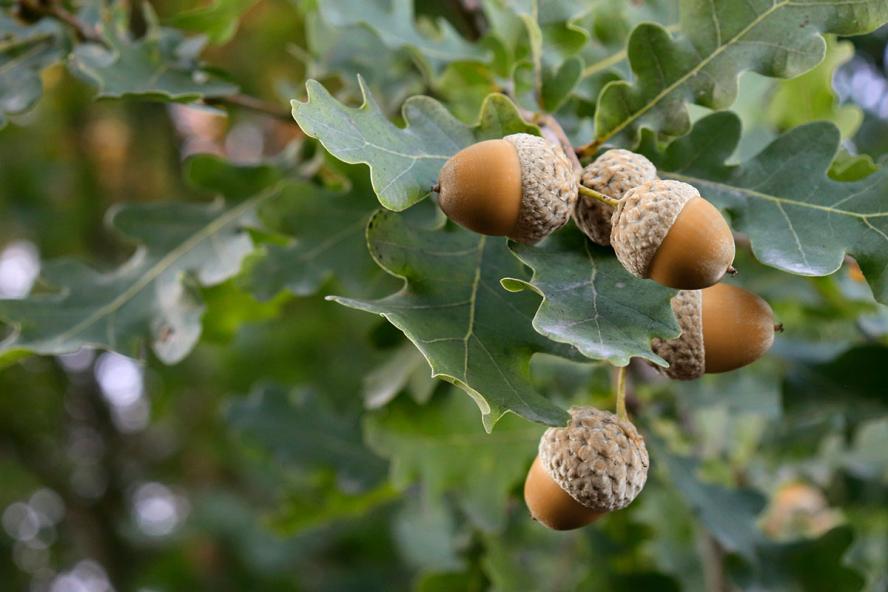-
About
- Leadership & Faculty
- News & Events
-
Admissions
-
Academics
- Graduate
- Advanced Clinical Training
- Continuing Education
- Academic Departments
- Academic Offices
- Simulation Experiences
-
Student Life
- Offices
-
Research
-
- Transformative Research
- Centers & Shared Resources
-
-
Hospitals & Clinics
- Emergency Care
- Hospital Services
-
Community Outreach
- Volunteer
The Truth About Acorn Toxicity and Horses
Ask the expert

Q: Do acorns pose a threat to horses?
A: Oak (Quercus species) toxicity in horses is uncommon, but it’s possible. Most of us can identify an oak, common throughout New England. The parts of the tree that can cause trouble are the immature leaves that appear in the spring, and green unripe acorns, which have the highest level of toxins. The leaves and acorns that fall in the autumn are not as toxic and horses tend to stay away from them.
While we know that tannins and gallotannins found in the leaves and acorns are toxins, there are likely other toxic principles as well. Horses would have to eat these leaves and acorns steadily over days to weeks to experience toxicity. Together, the oak toxins affect the kidneys and the gastrointestinal system as direct toxins and can also cause impaction colics in horses that eat a very large amount. Typical symptoms include depression, inappetence, colic, diarrhea, ventral edema, apparent straining to urinate, and red-brown urine. The rare horse with oak toxicity often needs sustained fluid therapy for kidney damage, as well as supportive care for the colic or diarrhea caused by the oak toxins.
Horses, like most grazing animals, generally won’t want to eat oak, unless they are hungry or bored. The key to preventing most plant toxicities is to ensure that horses have plenty of forage, a pleasant pasture in which to live, and regular exercise. Every once in a rare while, one horse may decide that oak tastes good, and will try to eat available oak buds and acorns despite an owner’s efforts. Generally, however, there is no need to cut down oak trees—they are great for our environment and provide needed shade. If they are accessible to horses, keep branches trimmed and put protective fencing around the bark of young trees. Remember, also, that nut trees go through cycles of high and low production—you may have to pay more attention in a high production year.
Dr. Melissa Mazan, V93, is a board-certified internist at the Hospital for Large Animals at Cummings School of Veterinary Medicine at Tufts University. Dr. Mazan completed an internship in equine surgery and sports medicine, followed by a residency in large animal internal medicine at Tufts. She directs the Equine Bronchoalveolar Lavage Cytology Laboratory, and while her research is in equine asthma, she commonly treats colic, enteritis, gastric ulcers, pneumonia, neurologic disease, fevers of unknown origin, and more.